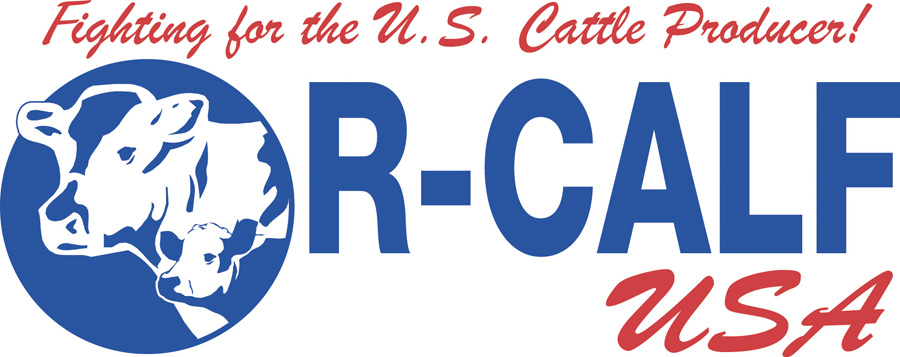
Agricultural News
R-CALF Proposes Renegotiation of FTAs, Moratorium on Future FTAs
Wed, 21 Jul 2010 17:35:59 CDT
 R-CALF USA sent a letter to President Obama Tuesday saying the Free Trade Agreements between the U.S. and South Korea, Colombia and Panama must be renegotiated to incorporate provisions recognizing the unique characteristics of the U.S. cattle industry if the Administration is serious about revitalizing the largest segment of American ag. R-CALF CEO Bill Bullard says the FTAs are flawed - devoid of provisions essential to the economic well-being of producers - and likely will accelerate the contraction of the U.S. cattle industry and hollowing-out of rural communities across the nation.
R-CALF USA sent a letter to President Obama Tuesday saying the Free Trade Agreements between the U.S. and South Korea, Colombia and Panama must be renegotiated to incorporate provisions recognizing the unique characteristics of the U.S. cattle industry if the Administration is serious about revitalizing the largest segment of American ag. R-CALF CEO Bill Bullard says the FTAs are flawed - devoid of provisions essential to the economic well-being of producers - and likely will accelerate the contraction of the U.S. cattle industry and hollowing-out of rural communities across the nation.
R-CALF requests a moratorium on future FTAs and rejection of the aforementioned FTAs until the impacts current FTAs have on the profitability and viability of U.S. producers is assessed; the current standard of substantial transformation is revised; the disease import and food safety standards are reversed; rules including volume-based and price-based safeguards are incorporated; and cattle and beef are designated as like products. The letter states the U.S. International Trade Commission found the present, concentrated structure suggests processors can eventually pass most of any decrease in the price of wholesale beef on to cattle producers in terms of lower slaughter cattle prices - allowing beef packers to have power over the producers.
The letter also points out the South Korea FTA would allow cattle imported from China to be slaughtered in South Korea and the resulting beef would be eligible for duty free export to the U.S. - which Bullard says could put tremendous downward pressure on U.S. cattle prices. R-CALF states the current FTA for the U.S. and South Korea excludes cattle producers and benefits beef packers because it allows the packers to import cheaper cattle from Canada and Mexico and then export the beef to South Korea at a lower price. Bullard says the beef packers are the benefactors of current trade policies and practices - and he states they continue to exploit the hard-working men and women comprising the U.S. cattle industry.
WebReadyTM Powered by WireReady® NSI
Top Agricultural News
More Headlines...




















